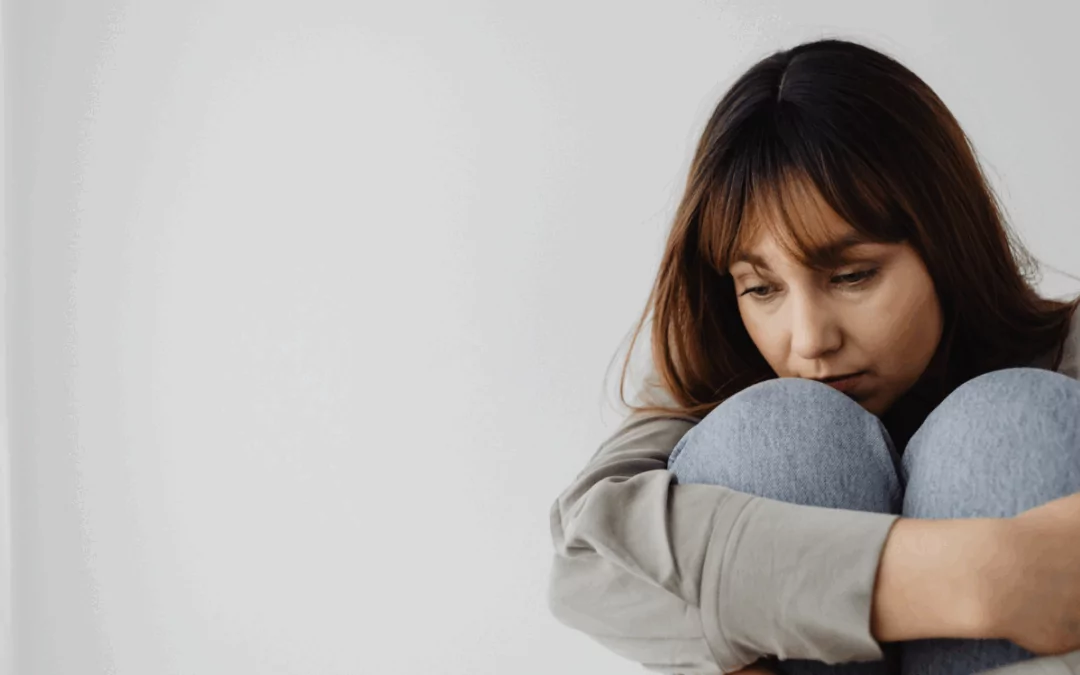Depression can feel like an overwhelming weight, an invisible burden that affects every area of life. Whether you’re struggling yourself or supporting a loved one, it’s important to remember that depression is treatable. With the right approach, support system, and treatment plan, it is possible to get out of depression and reclaim your well-being.
Recognizing the Symptoms of Depression
Understanding the symptoms of depression is the first step. Depression often includes:
- Persistent feelings of sadness
- Loss of interest in hobbies or social activities
- Changes in appetite and weight gain or weight loss
- Sleep problems, such as insomnia or oversleeping
- Fatigue or low energy
- Negative thoughts or feelings of worthlessness
- Difficulty concentrating or making decisions
- In severe cases, suicidal thoughts or self-harm
These symptoms may signal major depressive disorder, a serious but treatable mental illness. Identifying a depressive episode early can help reduce its impact. However, depression is not always visible. Someone can be ‘functioning’ well and still have an underlying depression.
What Causes Depression?
Depression can be caused by a combination of risk factors, including:
- Genetics and family history of mood disorders
- Chemical imbalances in serotonin and other neurotransmitters
- Traumatic events or long-term stress
- Co-occurring medical conditions such as heart disease
- Substance use or abuse
- Social isolation or lack of support
- Certain medications and side effects
Understanding these causes helps normalize the experience and direct attention to effective treatment options.
Treatment Options That Work
Getting out of depression usually requires a combination of approaches. Here are the most evidence-based depression treatment strategies:
1. Psychotherapy
Working with a mental health professional through talk therapy can be a transformative experience. Cognitive behavioral therapy (CBT) is especially effective for treating major depression, as it helps individuals identify and change negative thought patterns.
Other helpful modalities include interpersonal therapy and behavioral health interventions tailored to each individual’s needs.
2. Antidepressants and Psychiatry
For many, antidepressants can help restore balance in the brain’s chemistry. A psychiatric consultation is essential to determine if medication is the right step and to manage any potential side effects. Medications often work best when combined with therapy.
3. Lifestyle Changes and Self-Care
Improving daily habits can significantly impact mental health:
- Regular exercise boosts mood-enhancing endorphins.
- Nutritious eating supports both physical and mental wellness.
- Limiting social media use helps reduce comparison and isolation.
- Prioritizing sleep improves emotional regulation.
- Reducing substance use can remove a major barrier to recovery.
4. Supplements and Alternative Therapies
Some people find relief with supplements like omega-3s or vitamin D, especially in cases of seasonal affective disorder. Always consult a health care provider before starting supplements.
For more persistent or treatment-resistant depression, alternative therapies are becoming increasingly relevant:
Transcranial Magnetic Stimulation (TMS) is an FDA-approved, non-invasive procedure that uses magnetic pulses to stimulate areas of the brain involved in mood regulation. It’s especially helpful for those who haven’t responded to medication or traditional therapy. TMS is typically done in outpatient settings and has minimal side effects, making it a promising option for many.
Psychedelic-assisted therapy—using substances like ketamine or psilocybin under medical supervision—is emerging as a powerful intervention for major depression. Clinical studies suggest these treatments may help “reset” brain activity and open new pathways for healing, particularly when combined with psychotherapy. Though not yet widely accessible, these therapies are gaining FDA attention and may represent the future of depression care.

Supporting a Loved One Through Depression
If you’re concerned about a loved one, let them know they’re not alone. Encourage them to see a mental health professional, join in self-help activities, and talk openly about their feelings. Be alert to warning signs of self-harm or suicidal thoughts. If there’s immediate danger, contact the crisis lifeline or emergency services.
Don’t Wait to Seek Help
Depression is one of the most common mental health conditions, and yet many delay seeking support. The good news is that recovery is possible. A collaborative treatment plan that may include therapy, medication, lifestyle changes, and support from family members can make all the difference.
Start Your Journey Out of Depression Today
If you’re feeling stuck, overwhelmed, or hopeless, know that help is available. At CBT Baltimore, our experienced clinicians use evidence-based approaches like cognitive behavioral therapy to support clients through all types of depression.
Take the first step toward healing, schedule a session with us today, and begin your path back to balance.

